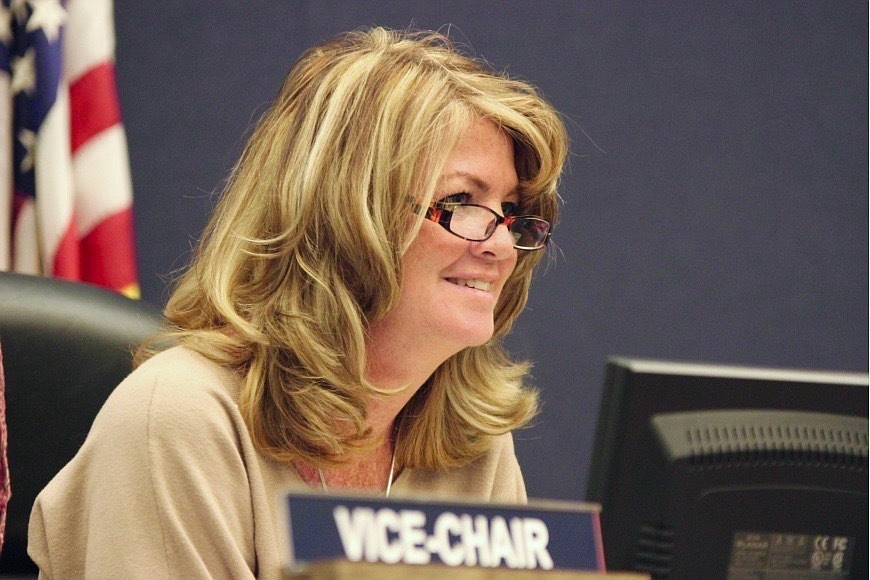- December 15, 2025

Flagler Schools’ state legislative priorities for this year include a restoration of school-hardening grant money, restored funding for classes beyond a six-period day, expanded student access to mental health services, full state funding of state educational mandates and an authorization for districts to receive advance funding for the school year.
The district creates a list of legislative priorities each year to share with state lawmakers.
School Board member Colleen Conklin refined the district’s priorities with staff after a discussion with the board at a previous workshop, and presented them again at a board meeting Oct. 20.
"We spend probably one full teacher salary on just the interest to borrow this money and ... make payroll during those months."
— COLLEEN CONKLIN, School Board member
“We all agreed that it was important to reiterate authorization of school boards to receive an advancement … of FTE funding in lieu of acquiring a bank loan to pay operating expenses incurred July through October,” she said.
That money would be repaid before the board is authorized to receive an advance payment from the U.S. Department of Education, but would prevent the district from having to take out a bank loan, and pay interest on it, to cover operating costs in the first part of the school year.
“We spend probably one full teacher salary on just the interest to borrow this money and ... make payroll during those months,” Conklin said.
The district’s second legislative priority will be the restoration of school hardening grant funding that was allocated following the Marjory Stoneman Douglas Commission recommendations, but subsequently reduced by the state. That money allowed schools to improve physical security measures on campuses and train staff members as school guardians.
“We were able to make serious improvements to our campuses, and we still have a ways to go,” Conklin said, “so we’re looking for those funds to be restored.”
The third priority will be restored funding for classes that extend beyond the standard six-period day — such as dual enrollment classes — so students can take those classes without the district being penalized financially.
The district’s fourth priority will be expanded access to school-and community-based mental health services, and the fifth will be full state funding of state-mandated programs and responsibilities.
The district’s federal platform includes: Increasing federal investment in the Individuals with Disabilities Education Act, more guidance from the U.S. Department of Education on IDEA requirements in virtual settings, maximum flexibility for local schools districts in determining school intervention and improvement activities with the implementation of the Every Student Succeeds Act, and the provision of additional funding for school districts to compensate for COVID-19-related budget shortfalls.